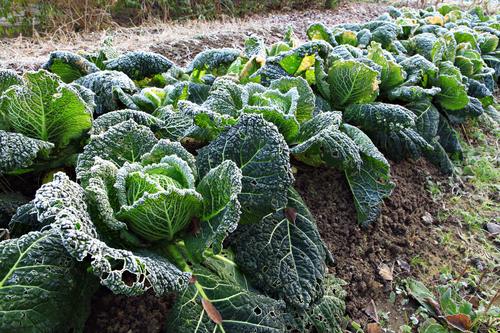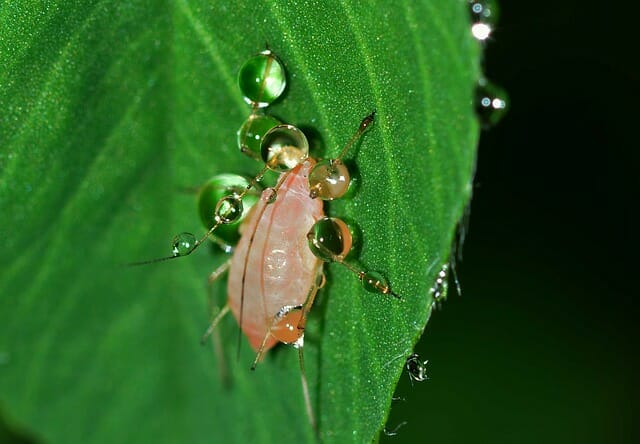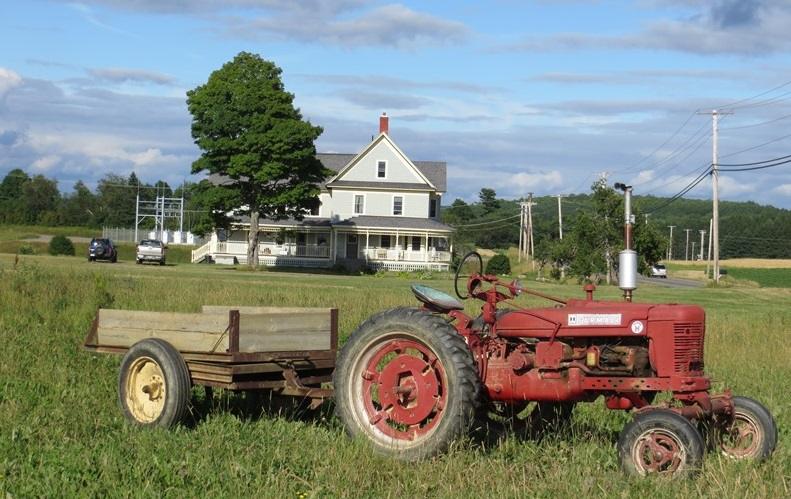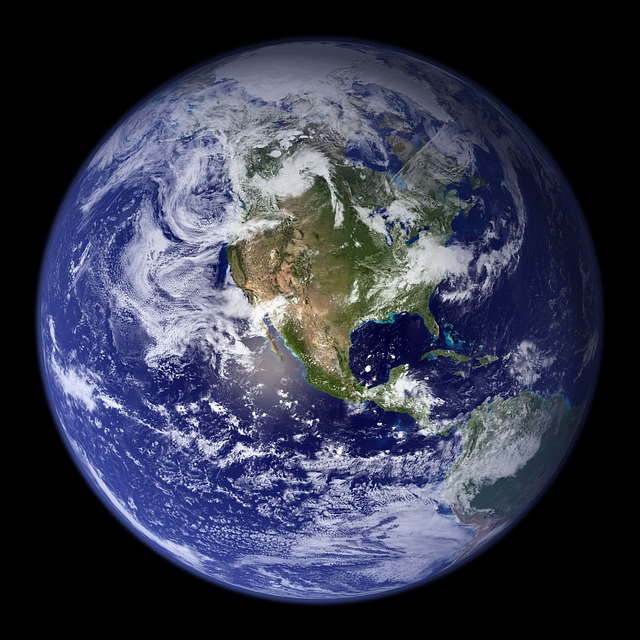
“God intends … our care of creation to reflect our love for the Creator.” -John R.W. Stott (1921- 2011).
While environmental stewardship has far too often been turned into a partisan political issue in our nation, God’s true desire for us as Christians is to care for His creation. This issue should not be one that divides us, but instead should unite us since environmental degradation impacts all of God’s creatures.
1. Upon the completion of His creation, God called His creation “good,” and He cares about it deeply. In Luke 12:24, Jesus said “Consider the ravens: they neither sow nor reap, they have neither storehouse nor barn, and yet God feeds them….” Our Creator cares about every single one of His creatures. God created everything for His glory and for our enjoyment.
2. Creation care was the very first job that God assigned to humans on Earth. According to Genesis 2:15, “The Lord God took the man and put him in the Garden of Eden to tend it and to keep it.” These words refer to the idea of care, protection, and stewardship of the garden. It was clear that God wanted Adam involved in taking care of what He had created.
Christian Heroes For Christian Kids: These Amazing Stories Are Putting God Back Into History!
3. Adam named the animals that God created. In Genesis 2:19, God created animals as Adam’s first companions on Earth (of course, He later created Eve because the animals were not the most suitable partners for the first man on Earth), and God had Adam name each of them. It seems that God believed that if you name something, you are much more likely to care about it and ensure that it is protected.
4. We are a part of God’s creation and are dependent upon it; we are not separated from it. God placed Adam and Eve directly inside the Garden of Eden, they received their daily sustenance from it, and they were called to care for it. They were an important part of the system of their garden home.
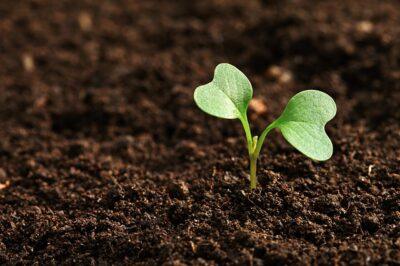
With all of our human inventions and infrastructure, it is often easy to forget how much we are a part of nature and how dependent we are on it. We need nature for our food, water, and other resources. As we are now learning, even optimal childhood development and human health is dependent upon nature in many different ways.
Even today, many native people groups around the world are still entirely dependent on nature for their traditional ways of life.
5. “For God so loved the world.” While God loves humans dearly, he also loves the rest of His creation. And why not? He created everything, after all!
The presence of sin in our world has not only negatively impacted the human race but it has also impacted the rest of creation, including all of the creatures and the ecosystems on Earth. Jesus died on the cross not only to redeem and restore human souls, but also to redeem and restore His creation that has been so negatively impacted by the Fall of Man.
6. Environmental destruction negatively impacts all of us, including the “least of these” around the world that God loves so dearly. Environmental destruction leads to disease, poverty, conflict, and war around the world, and it is the world’s poor that are typically the most vulnerable to environmental problems, such as pollution and ecosystem degradation.
It is worth considering that our “neighbors” include not only those who are poor around the world, but also future generations that will live on our planet (including our children).
7. Christians should be the first and the best examples of how to care for God’s creation. Because “the Earth is the Lord’s and everything in it (Psalm 24:1),” we recognize to Whom this world truly belongs. It certainly does not belong to humanity to do with whatever we please.
Sadly, much of the modern Body of Christ has given up the responsibility of creation stewardship to the World, and we have fallen far short on this important responsibility.
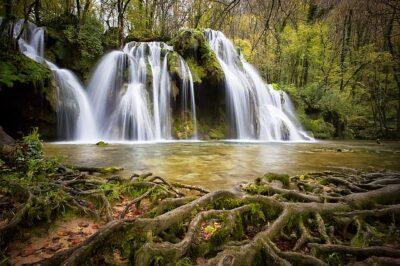
8. God’s original intent was for His creation to work together in harmony. To the smallest detail, our Lord planned everything to play a role in nature for a purpose. When something gets removed (such as when a species goes extinct), or when things get out of balance (such as due to pollution or habitat destruction), our world’s ecosystems start to malfunction, and we humans are often negatively impacted as well.
9. In the Church, we often talk about being responsible with our financial resources, but how are we using our natural resources that God has also blessed us with? We are caretakers of what our God has entrusted to us during our time here on Earth.
10. Our Lord hates waste. In John 6:12, Jesus instructed His disciples not to waste any of the leftover food from the feeding of the 5,000. He would likely tell us today not to be wasteful in our own lives with the resources that He has blessed us with, whether it is with our finances, our time, how we use energy and water, or food.
Want To Know The Real ‘God Story’ Behind The Constitution?
In nature, there is no “waste,” as everything gets reused and recycled within natural ecosystems.
11. According to Romans 8:18-23, all creation will be renewed, along with humanity. God desires and intends that human souls are saved and that His creation is renewed. Christ’s sacrifice on the cross has made these things possible in a fallen world.
12. By taking care of God’s creation and interacting with it, we learn more about Him: His character, amazing beauty, love, provision, creativity, infinite intelligence, and even His humor (consider for a moment the duck-billed platypus!).
Thank you, Lord, for your beautiful creation that all works together in such wonderful ways. You are a great and loving Creator, and we love you! Amen.
What do you think? Share your thoughts in the section below:






